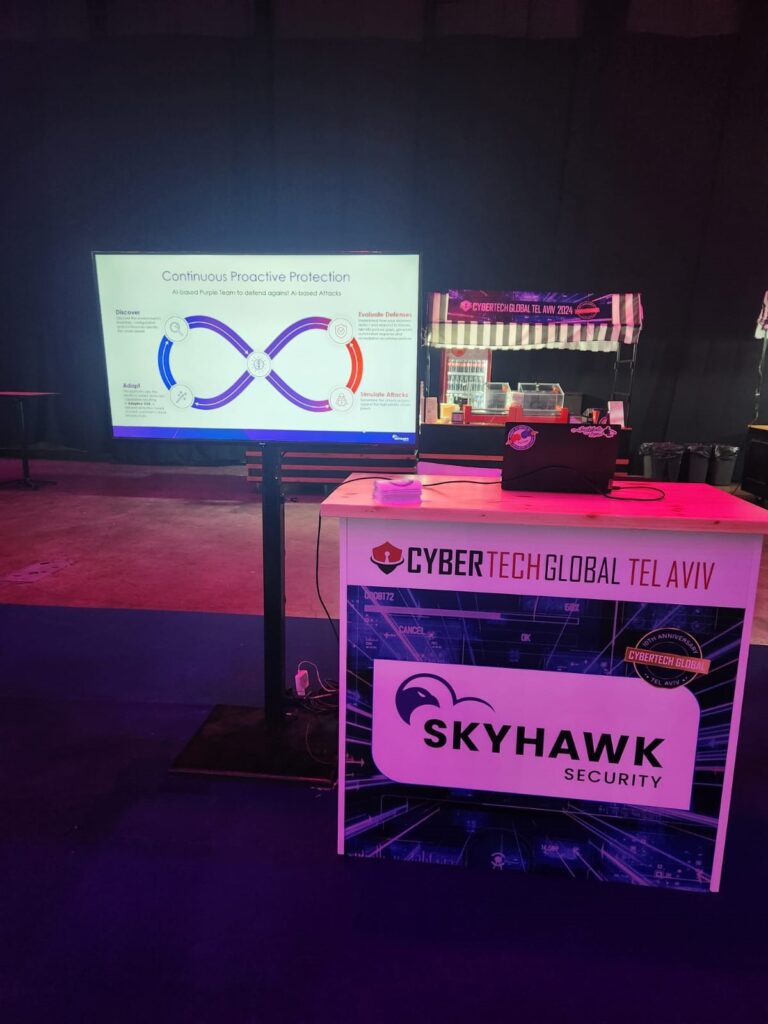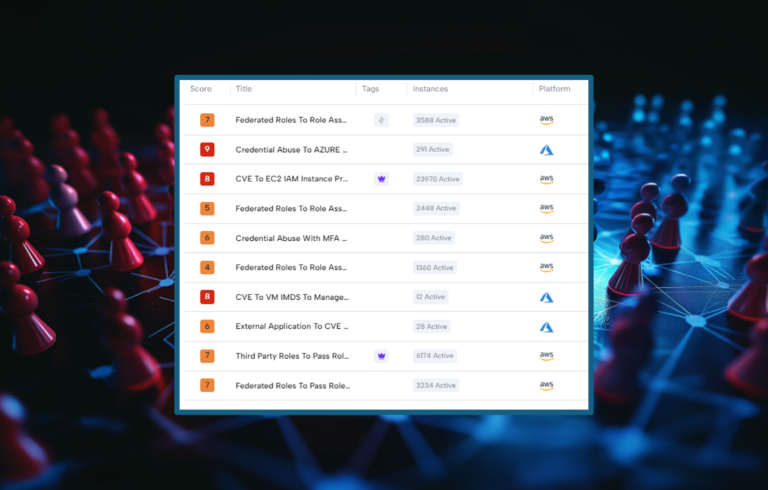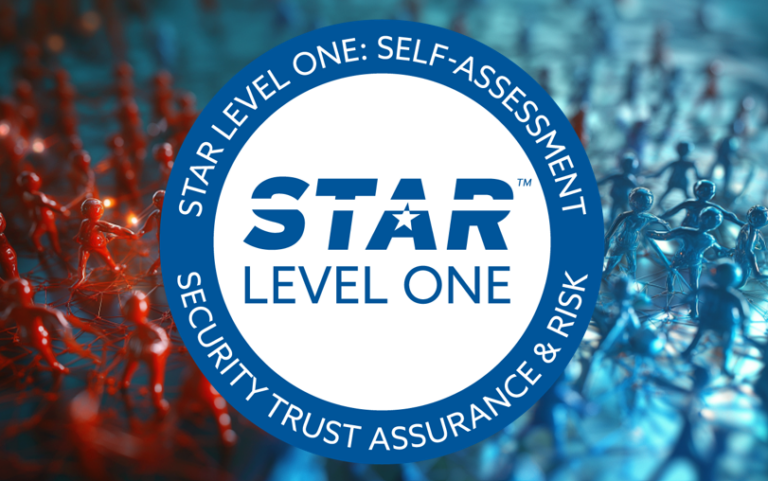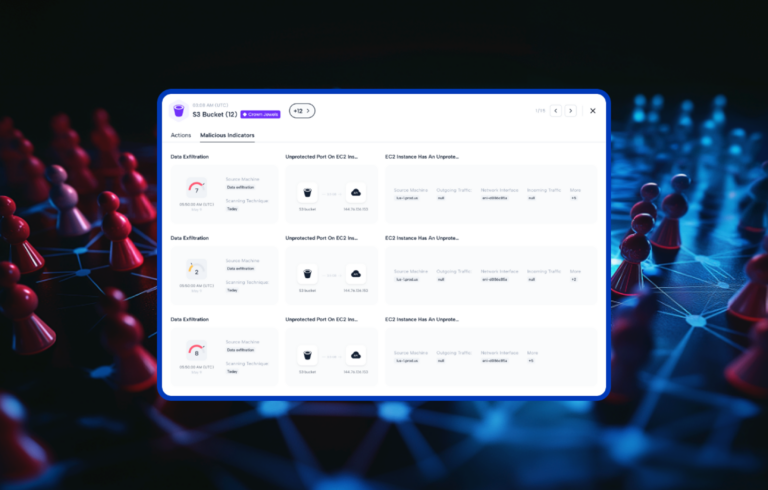The Cybertech conference of 2024 was supposed to mark the tenth year of the event that has long been considered the most significant in the local industry. The event that started as an event by Israelis, for Israelis, has long since become the “showcase” of the local industry, where established companies such as Checkpoint, large startups and also completely new startups (some just emerging out of stealth mode) present themselves to the public. But what happened in October changed everything. The conference was postponed from its traditional date in January to April. The postponement (and the tense security situation in Israel) led to many concerns by both exhibitors and visitors, and some of them canceled their planned participation in the conference. In the end, the conference was held this week in a pleasant wintry atmosphere, and was crowned a success. Although the number of exhibiting companies was smaller than in previous years (the notable absence were the booths of VCs, which in previous years erected large booths in an attempt to promote their companies and also to “show off”), as was the number of visitors from abroad, but the visitors who came to Pavilion 2 at the Expo in Tel Aviv got to see Israel’s cyber industry, which even six months of fighting could not stop.
The exhibition was divided into areas; The conference area where visitors hear lectures and reviews, among others from Mr. Gabi Portnoy, head of the Israeli Cyber Directorate, , who said that “the intensity of cyber attacks against Israel has increased threefold since the beginning of the war. Portnoy also revealed details about the “BlackShadow” attack group that operated against entities in Israel. The group operates Under the cover of a private company in Tehran but actually is working for the Iranian Ministry of Intelligence. Other sessions dealt with the protection of the health systems, Internet of things, communication systems, entrepreneurship and cyber investments, and hosted diverse speakers such as former CEO of Checkpoint Gil Shwed, and officials from the cyber agencies of countries such as Germany, Lithuania, India and more .
In the main exhibition hall, well-known Israeli companies such as Cyberark and Checkpoint presented alongside foreign companies with research centers in Israel (such as Proofpoint, Intel and Thales) as well as mature startups. But the interesting part of the exhibition was the startup pavilion, which contained dozens of young and partly unknown companies, presenting products in new product categories. This year the most notable theme was of off course cybersecurity in the cloud, with an emphasis on identifying threats and containing them in real time, and, naturally, the use of artificial intelligence to identify and contain attacks. The beauty of the “startup marketplace” as it is popularly called is the immediacy in which you can talk to the team members of the startups and hear from them about the products. Since the entrance to the exhibition is free, there is an interesting mix of end-users (CISOs and information security professionals), soldiers from technological units of the IDF who are interested in the products (and also sniff about work after their release from service), students, other startups who are testing the market, representatives of huge companies who are looking for innovative solutions and also investors. Last but not least are the high school students from the various cyber programs, who come to the conference to rub shoulders with the industry that may serve as their home a few years’ time. It’s humbling to see that even at the busiest booth, everyone, especially the young guys, is given their full attention, explaining to them what problems the product solves and how it does it. Such an educational atmosphere cannot be found in any other cyber conference in the world.
Of course, it is not possible to completely detach from the situation. Both the Israelis and the visitors from abroad were exposed to a moving exhibit that included 133 empty chairs with the names of the hostages held in Gaza, which were placed in a prominent place and reminded everyone that the war is not over. This duality between “business as usual” and “a state of war” was well felt at the conference. Some claimed that it created a depressing atmosphere where other look at the positive side, stating that If in such a difficult year the industry continues to operate, conferences are held, people fly over and express confidence in the country and its cyber sector despite the concerns, then we have here a particularly resilient and strong industry that will know how to survive the current crisis and come out of it strengthened. We all hope that by the time of the next Cybertech, somewhere in 2025, the war will be behind us, the hostages will return home and the industry will grow again. In this context, it will be interesting to see what war-related technologies and products will be invented and presented at the next conference. What is certain – there is something to wait for.






